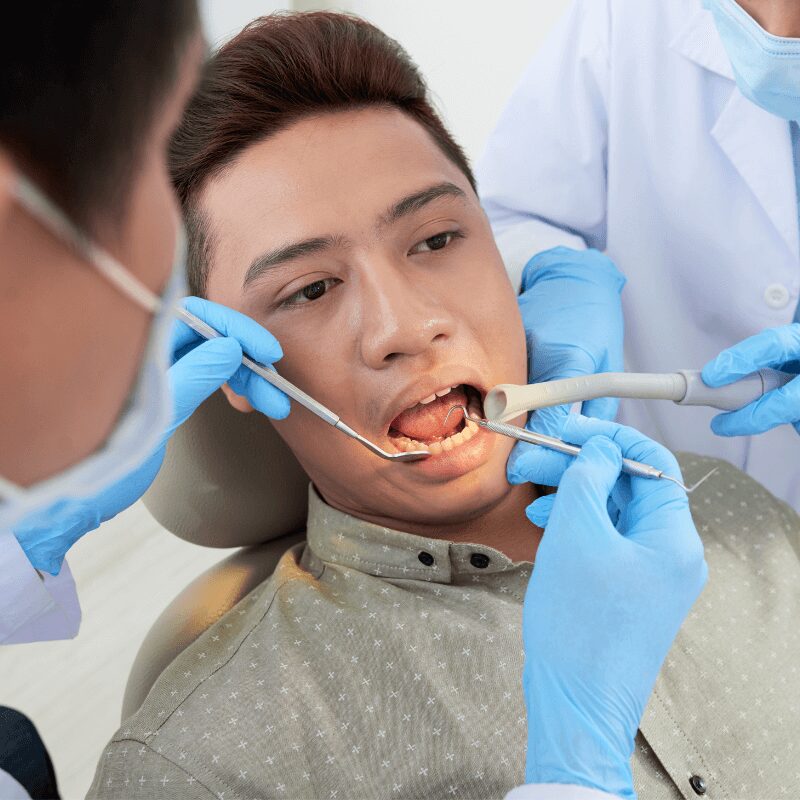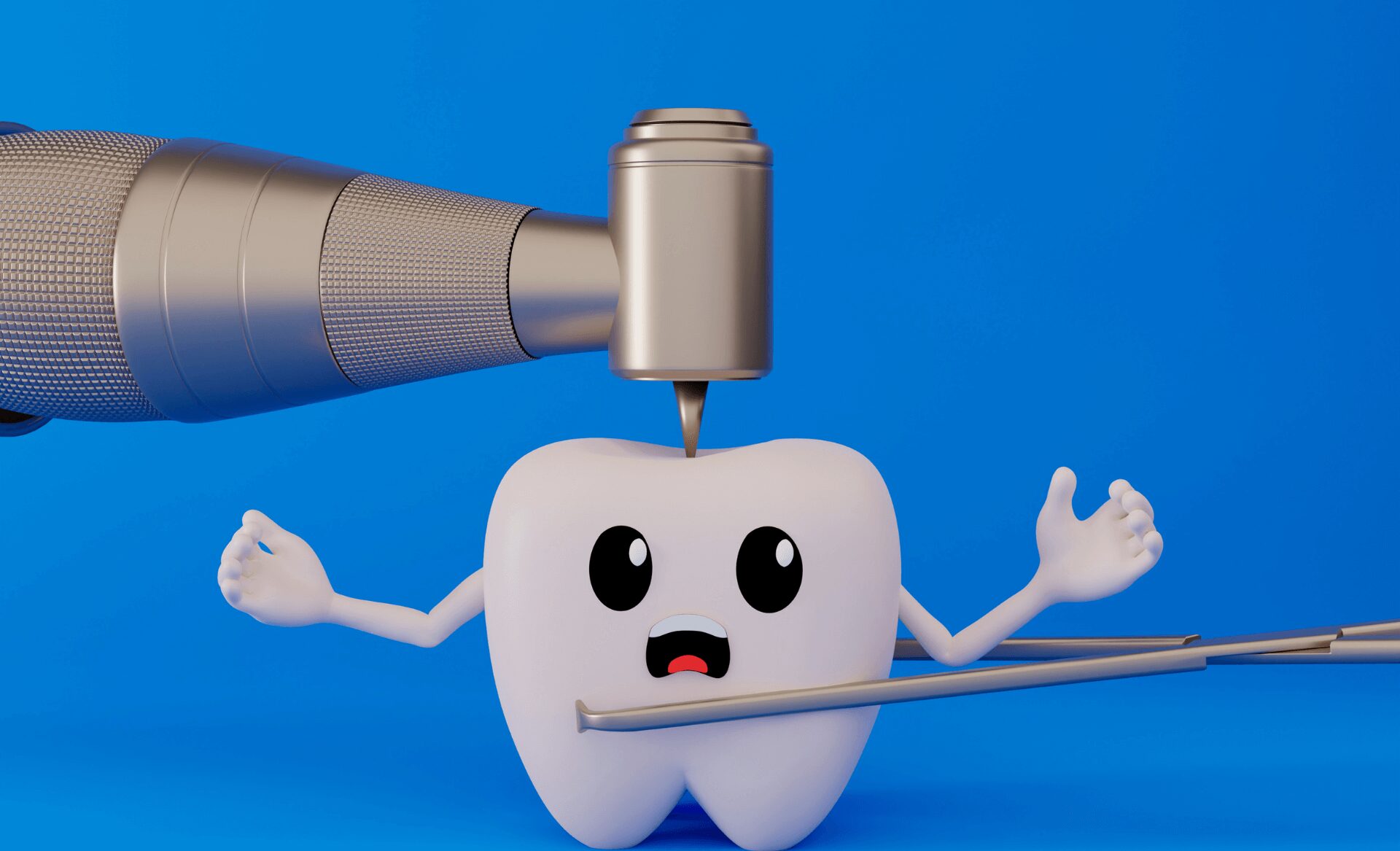A chipped tooth can be a jarring experience. Whether it’s a small chip or a larger break, it’s essential to understand the repair options available, how to address discomfort, and the expected costs. In this article, Advanced Dental Care of Indiana outlines practical, trusted solutions for restoring your smile and relieving any pain effectively.
Immediate Steps for a Chipped Tooth
When you chip a tooth, addressing it promptly is key to preventing further damage. Rinse your mouth gently with warm water, apply pressure if there’s any bleeding, and use a cold compress to reduce swelling. Over-the-counter pain relievers can help if you’re experiencing discomfort. Seeking advice from a dentist quickly is essential; even minor chips can worsen if ignored.
Professional Repair Options for a Chipped Tooth
There are various ways to fix a chipped tooth, each offering unique benefits. Here’s a look at common repair options available at most dental practices:
- Dental Bonding: Dental bonding is a quick and affordable fix, especially for minor chips. This procedure involves a tooth-colored resin that your dentist molds and smooths onto the chipped area. Bonding works well for small chips on front teeth and can be completed in a single visit. The resin material blends seamlessly with your natural teeth, providing an inconspicuous repair.
- Porcelain Veneers: Veneers are an excellent choice for larger or multiple chips, especially if you’re looking for a cosmetic upgrade. They’re custom-made porcelain shells that fit over the front surface of the tooth, restoring its shape and color. While more costly, veneers are durable and resist staining, offering a longer-lasting solution.
- Dental Crowns: For extensive damage or chips affecting molars, crowns are often recommended. A crown encases the entire tooth, providing structural support and preventing further damage. While crowns require two appointments, their longevity makes them a strong option for functional restoration.
- Root Canal Therapy: If a chip extends into the tooth pulp, exposing nerves, a root canal might be necessary. This procedure removes the damaged pulp and fills the tooth, often followed by a crown. Though it sounds intimidating, root canals can relieve pain and preserve the natural tooth.
Costs of Chipped Tooth Repair
Repair costs vary significantly based on the procedure and extent of damage:
- Dental Bonding: Typically ranges from $100 to $500 per tooth.
- Porcelain Veneers: Cost between $500 and $2,500 per tooth, depending on customization and material quality.
- Crowns: Range from $800 to $1,500 per tooth, depending on material.
- Root Canal and Crown: A root canal cost averages $700–$1,500, with an additional cost for the crown.

Insurance may cover part of the repair, particularly if the chip resulted from an accident. Consulting with your dental insurance provider about coverage options can help make repairs more affordable.
Preventing Future Chips
Preventing chipped teeth often comes down to protective habits and awareness of potential risks:

- Avoid Hard Foods: Ice, hard candy, and unpopped popcorn kernels can chip teeth easily.
- Use a Mouthguard: If you play contact sports or grind your teeth, a mouthguard can protect against chipping.
- Practice Good Oral Hygiene: Keeping teeth healthy and strong through daily brushing, flossing, and regular dental visits helps prevent chips.
When to Seek Emergency Care
Some chipped teeth can wait until a regular appointment, but seek emergency care if you experience severe pain, visible swelling, or signs of infection. Immediate treatment can help prevent complications, including nerve exposure or deeper fractures.
Final Thoughts
From quick fixes like bonding to more extensive options like crowns and root canals, chipped tooth repair offers solutions for every need. Schedule your appointment with Advanced Dental Care of Indiana for professional dentists to assess your situation and determine the best approach. Taking quick action and following preventive measures can ensure your smile stays as healthy as possible.

